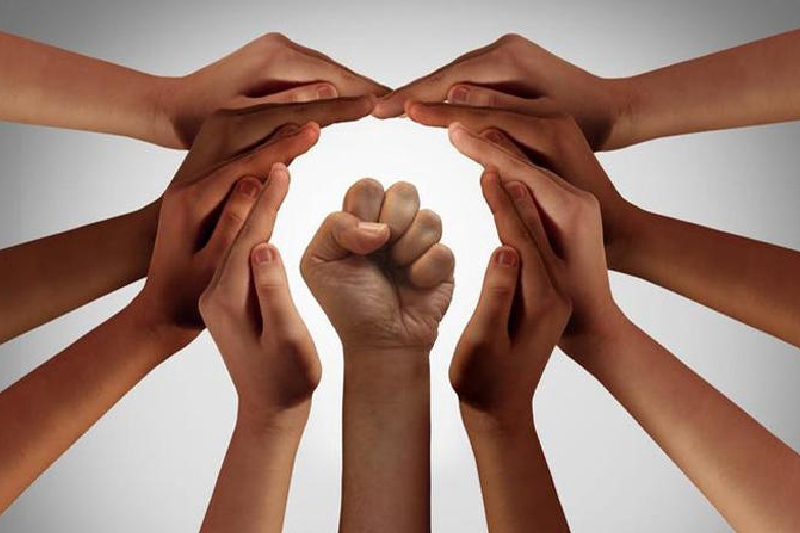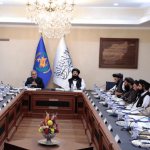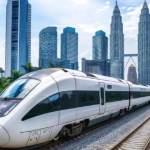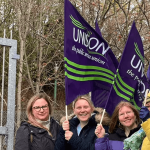
In the intricate web of global turmoil, the protection of civilian lives emerges as a pressing priority
In the intricate web of global turmoil, the protection of civilian lives emerges as a pressing priority. At the 55th session of the Human Rights Council in Geneva, the Union Association for Human Rights emerged as a leading advocate, urging for a fortified international commitment to shielding civilians amidst the tumult of warfare and conflict.
Their impassioned plea accentuates the critical need to safeguard non-combatants from the brutalities of war, pushing for robust international frameworks to minimize civilian casualties amid military engagements. This clarion call resonates deeply with the growing global consciousness surrounding humanitarian principles and the imperative to uphold the rights of individuals ensnared in the crosshairs of conflict.
Meanwhile, the United Arab Emirates (UAE) has found itself under the spotlight in discussions concerning migrant rights, given its substantial population of foreign laborers who play an integral role in shaping the nation’s vibrant economic fabric.
Understanding the Context
The Association’s plea underscores the urgency of shielding non-combatants from the horrors of war, advocating for robust international mechanisms to prevent civilian casualties during military operations. This call to action resonates with the global community’s increasing focus on humanitarian law and the rights of those caught in the crossfire.
The UAE is home to a large number of migrants, making up a substantial portion of the country’s workforce. These individuals play a crucial role in various sectors, driving the nation’s growth and development. The UAE’s approach to migrant rights has been under scrutiny, with various reforms and initiatives introduced to address the challenges faced by this demographic.
The United Arab Emirates (UAE) has been lauded for its proactive efforts in peacekeeping and humanitarian assistance. The Association commends the UAE for its substantial contributions, which include providing essential resources like water, food, and medical aid, as well as healthcare services to the most vulnerable groups in conflict zones.
The UAE’s commitment is not an isolated endeavor but part of a broader collective effort involving states and international organizations. These collaborative actions are pivotal in enhancing humanitarian protection for civilians, a mission that the UAE has embraced with vigor and dedication.
Recent Developments
In recent times, the UAE has rolled out various labor reforms with the goal of enhancing the working and living conditions of migrant workers. These changes encompass measures like introducing midday breaks to shield laborers from scorching heat and endeavors to simplify the kafala (sponsorship) system.
However, despite these strides, international bodies have voiced apprehensions regarding the enforcement of these reforms and the persistent hurdles encountered by migrants, including concerns regarding labor exploitation and access to legal recourse. Uncertainties linger regarding the efficacy of existing policies and their tangible effects on the migrant community.
The Road Ahead
As the UAE continues to evolve and adapt its policies, the focus on migrant rights remains a critical aspect of the nation’s commitment to human rights for all. The balance between economic development and the protection of migrant workers’ rights is a complex issue that requires ongoing attention and action.
The Union Association for Human Rights urges the Human Rights Council to conduct transparent investigations into breaches of humanitarian law. It emphasizes the need for coordinated efforts to raise awareness and train military forces in compliance with wartime regulations, ensuring civilian safety.
The Association’s statement, delivered in collaboration with the Arab-European Human Rights Dialogue, is a testament to the enduring struggle for civilian protection. It is a clarion call for united action, urging all UN bodies to intensify their efforts in safeguarding the rights and well-being of women and children during armed conflicts.







